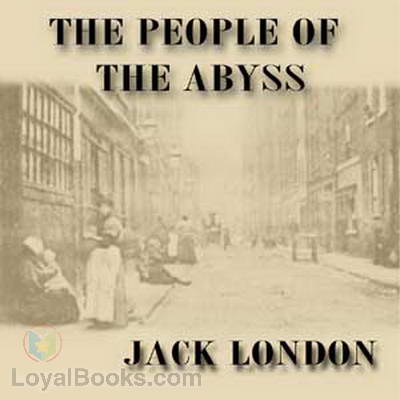Description
By: Jack London (1876-1916)
The People of the Abyss by Jack London is a harrowing and eye-opening account of the poverty and destitution experienced by the working class in London’s East End at the turn of the 20th century. London immerses himself in the slums, jails, and workhouses of Whitechapel, documenting the appalling living conditions and struggles of the inhabitants.
Through firsthand interviews and observations, London paints a vivid picture of the extreme poverty, disease, and exploitation faced by the residents of the Abyss. His writing is unflinching and raw, pulling no punches in exposing the harsh realities of life for the working poor.
While the subject matter is grim and at times difficult to digest, London’s compassion and empathy for the people he encounters shines through in his prose. He gives a voice to those who are often overlooked and marginalized, shedding light on the injustices and inequalities that exist in society.
Overall, The People of the Abyss is a powerful and important work that serves as a stark reminder of the enduring struggles faced by the most vulnerable members of our communities. London’s compelling narrative is a call to action to address the systemic issues that perpetuate poverty and suffering, making it a must-read for anyone interested in social justice and human rights.
Book Description:
Jack London lived for a time within the grim and grimy world of the East End of London, where half a million people scraped together hardly enough on which to survive. Even if they were able to work, they were paid only enough to allow them a pitiful existence. He grew to know and empathise with these forgotten (or ignored) people as he spoke with them and tasted the workhouse, life on the streets, … and the food, which was cheap, barely nutritious, and foul.
He writes about his experiences in a fluid and narrative style, making it very clear what he thinks of the social structures which created the Abyss, and of the millionaires who live high on the labours of a people forced to live in squalor. “… The food this managing class eats, the wine it drinks, … the fine clothes it wears, are challenged by eight million mouths which have never had enough to fill them, and by twice eight million bodies which have never been sufficiently clothed and housed.”











